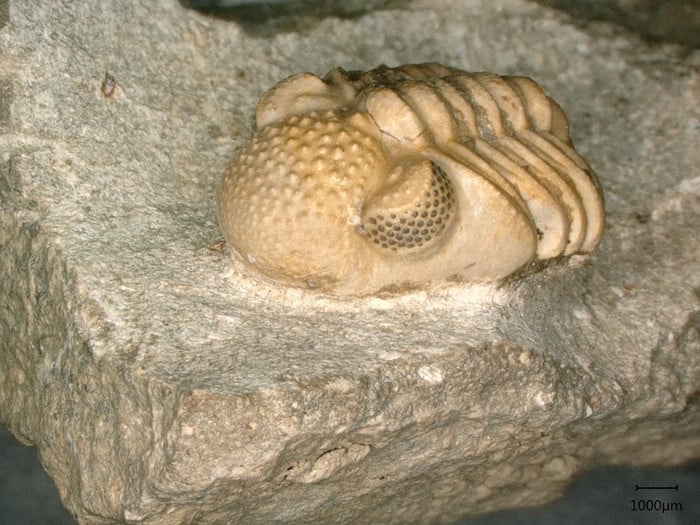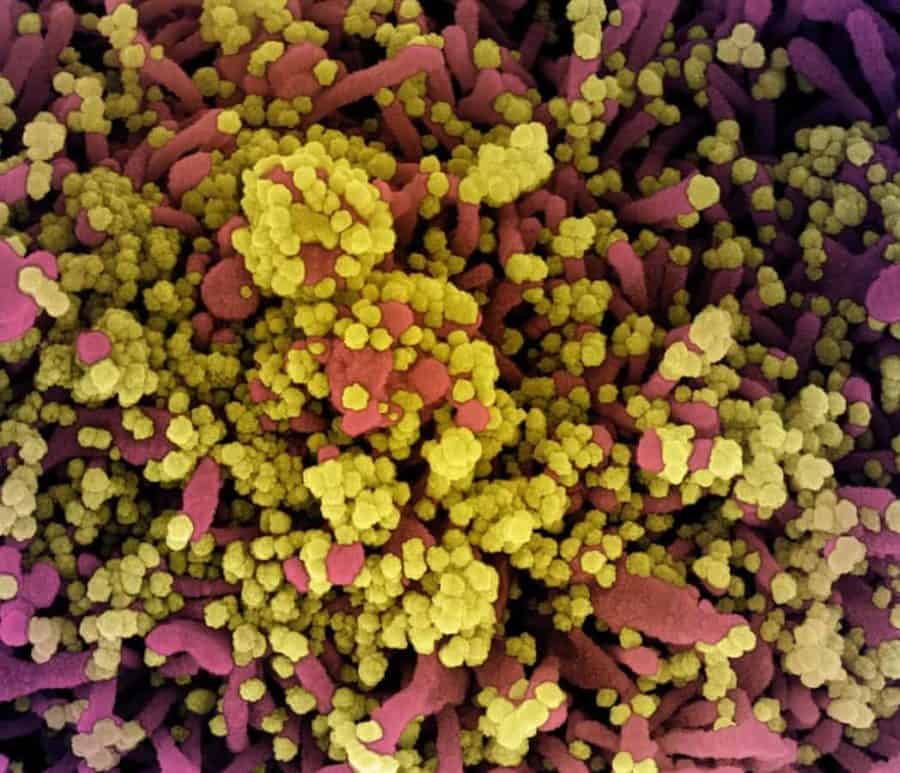Just published in De Gruyter, a new report coauthored by PETA Foundation Supervising Wildlife Veterinarian Dr. Heather Rally exposes the neural impact that marine parks and other “impoverished environments” likely have on cetaceans, such as bottlenose dolphins. Prior to this paper’s publication, relatively little attention had been paid to the brains of cetaceans who live in cramped […]
Read More








